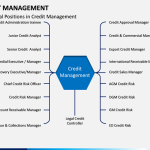How do you identify financial instruments?
Financial instruments are a type of asset that you can use to invest and save money. They come in different forms and have varying levels of risk associated with them. Knowing the types of financial instruments available, how they work, and the risks and benefits associated with each can help you make an informed decision […]






